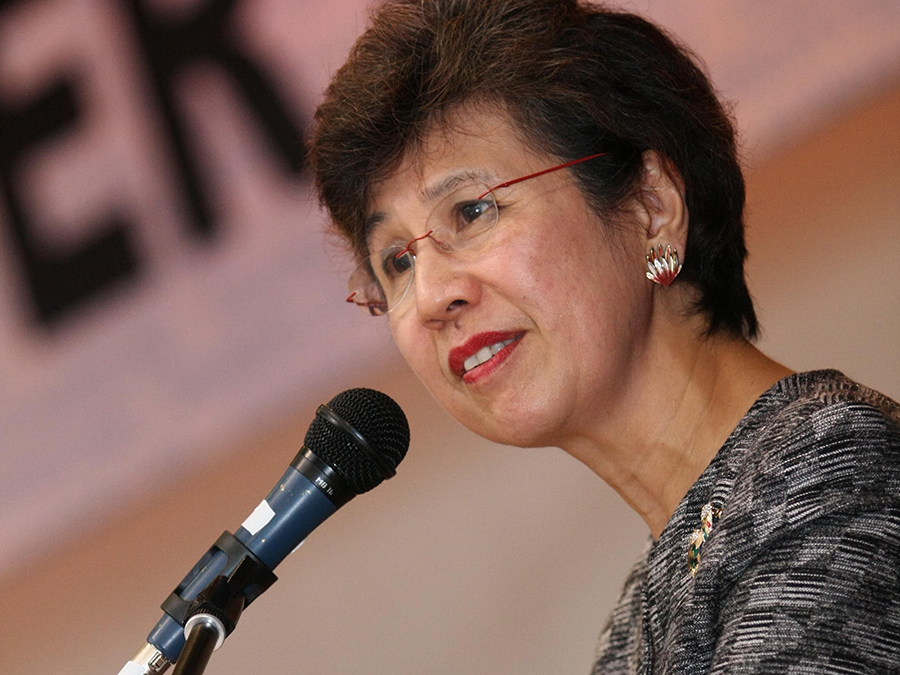For children, how “successful” they feel often depends on their parent’s own definition of success.
I’ve served as principal in both junior college and secondary schools, and I’ve always felt that the polytechnic route was a very valid option. But if a parent doesn’t feel it is, then the child would be considered a failure if he doesn’t go to JC.
The conversation often wrongly begins with, “Why couldn’t you get into JC?
I get it. I’m a parent myself.
We want our children to be successful because we can’t be looking after them for life. But it’s important to see your children for who they are, and help them be confident in finding their place in the world. Besides, going to JC and then to university doesn’t guarantee success.
One former student, John*, was among his primary school’s top PSLE scorers when he entered secondary school. However, his grades went downhill from there, and he performed poorly for the ‘O’ Levels.
I was principal of St Andrew’s Junior College when I first met John. He entered the JC through his talent in sports. However, he continued to struggle in his studies. He made mediocre results for the ‘A’ Levels.
John went out to work. One of the jobs he took up was relief teaching, which led him to pursue a diploma at the National Institute of Education. After that, he returned to teaching, and got pretty good at it – he even became a school coordinator.
He eventually saved enough money, and furthered his studies in a good Australian university. Last I heard, John qualified for the Dean’s List. Finally, he got his second wind – almost 10 years after he left me in junior college.
When students fail, they feel lousy about themselves. That’s when parents need to tell them, “It’s not the end, keep trying.”
Many parents baulk at the idea of their child repeating a year in school – it seems like a lot of time. But look around your workplace. Is there a big difference between you and a colleague who is one year your senior, or junior?
When we go for a job interview, employers want to know what you have achieved so far – and if you have the necessary qualifications. They seldom ask which year you graduated from college.
After a conversation that reminds them to keep trying, many JC students would be able to turn things around. A lot of them are quite bright, just playful – or distracted by growing pains
For instance, they might be caught up in teenage angst – which calls for a slightly different approach.
In JC, I used to tease students at my back-to-school address, “OK it’s the start of the year, so can you please hurry up and fall in love now – so you can fall out of love in time to sit down and study.”
Seriously, parents shouldn’t be too worried about their child’s high-school romance. It’s called infatuation. Just make sure not to over-react because it may be over in a couple of weeks – or months – and then the student will fall in love with the next one.
However, I also told parents not to expect their child to come to them for help. Students are more likely to go to their teacher.
Every now and then, my civics tutors would tell me that so-and-so just broke up, and we’d provide all the support we can give.
You can’t pry secrets like these out of your teenager. The only thing you can do is be there for him, with the soup and chicken essence.
When everything seems to be falling apart, you’ll be the one thing that hasn’t changed in his life.
Mrs Belinda Charles was Principal of St Andrew’s Secondary School for 10 years, after serving as Principal of St Andrew’s Junior College for 12. She currently serves as the Dean of the Academy of Principals (Singapore).
*Names and identifying details have been changed to protect the privacy of individuals.






.jpg)